Thoughts on Transhumanism: Both the Newest Movement and the Oldest
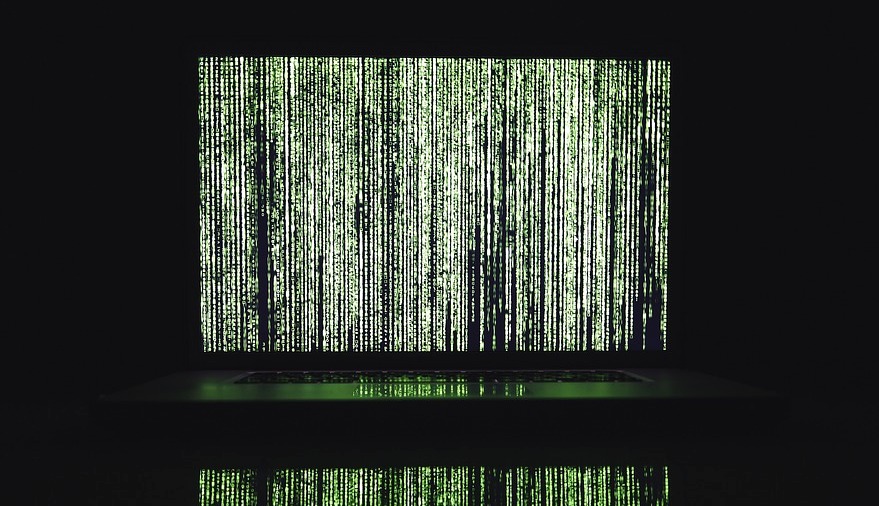
Transhumanism is a modern movement based on the belief that humans can and should develop beyond their current intellectual and physical limitations, such as aging or sub-optimal intelligence, via advances in science and technology. One of the most well-known and intriguing objectives of the movement is to “solve death” by merging people with technology, either via uploading minds to computers or by rejuvenating humans biomolecularly so that they don’t age. Transhumanists include Max More, a philosopher from Oxford who runs a cryogenic facility in Arizona filled with frozen bodies waiting for the day they can be revived, biomedical gerontologist Aubrey de Grey who believes that 1000+ year olds will be the norm in the near future thanks to his efforts to fix the molecular and cellular reasons for aging, biohacker Tim Cannon who is developing and personally testing implantable devices and has no objections to switching his entire flesh-and-bone body for a bionic one, and Zoltan Istvan who ran for United States president on the Transhumanist platform and conducted his campaign tour from a coffin-shaped bus.
Although most of these individuals are well-known primarily in the field of transhumanism, there are several very famous names and organizations who support the transhumanist movement directly or indirectly. Among them are billionaire Peter Thiel (co-founder of PayPal) who donates millions to life-extension efforts, Google which has invested many resources into its life-extension company Calico, and even Elon Musk, who’s actively working on “helping human beings merge with software and keep pace with advancements in artificial intelligence” via his new venture Neuralink .
The word transhumanism itself and the concepts it embodies, merging man and machine to extend human power and longevity, sounds like the pinnacle of futurism, a highly modern concept on the cutting edge, an idea that seems so crazy and unnatural that most people reject it on a visceral level, and yet at the same time a logical extension of our increasingly technological society and the speed with which we are breaking boundaries in various fields. But really, transhumanism is nothing new. It is the oldest concept in the book, labeled simply under a new name (not for the first time), and just like the famous rose that Shakespeare’s Juliet speaks of, this new name doesn’t mean it is much different than any of its predecessors. Transhumanism embodies one of the deepest, most powerful driving motivators in humanity that stands alongside the need to eat, find shelter and reproduce: fear of death.
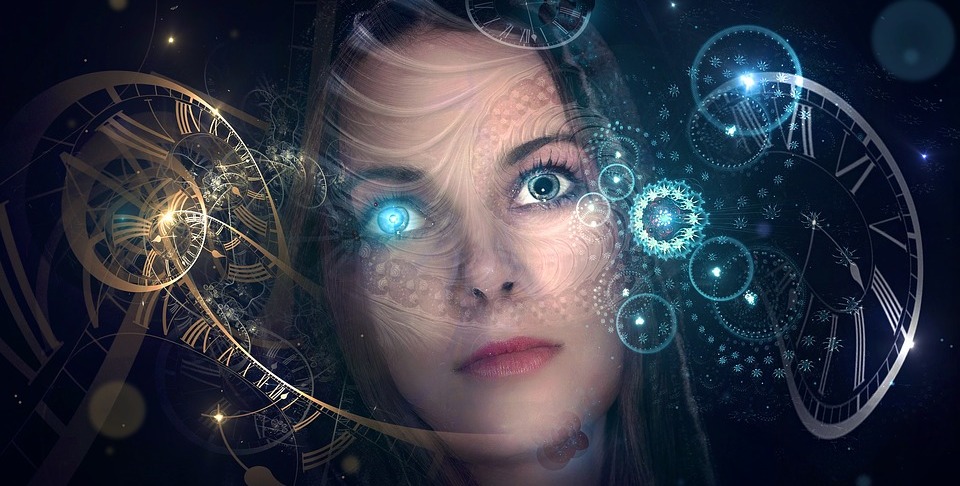
Fear of death is what shapes our behaviors (self-preservation), our decisions and religions (fear of the repercussions after death) our progress (healthcare to prolong and enhance life, entertainment to make it pleasurable, etc.) and the very meaning we attribute to the lives we live and how we frame our existence. When some transhumanists talk about their beginnings in transhumanism they even explain how it was triggered by a near-death experience which forced them to face the fragility of their lives and their profound desire to hold on to them.
In that regard, transhumanism I think, may be endearing from the perspective of what lies beyond. I say endearing (for lack of a better word) because there is something very vulnerable behind the veneer of power and strength that transhumanism embodies and at the same time something very optimistic. Despite being rooted in technology and advanced science, singing the praises of artificial bodies and computerized minds, transhumanism is a movement that is incredibly, profoundly human. It involves some of the most powerful, rich, smart and successful people in the world investing millions of dollars and hours of work into a venture motivated by the basic human fear shared by everyone from the beginning of time to now, from childhood to old age, from the initial fear of a dark bedroom to the pre-death fear of the afterlife and whether there is such a thing at all. And hand-in-hand with its efforts to achieve indestructibility and its image of coolness, progress, and futuristic edginess, it highlights the fundamental physical and emotional fragility that unites us all on a human level.
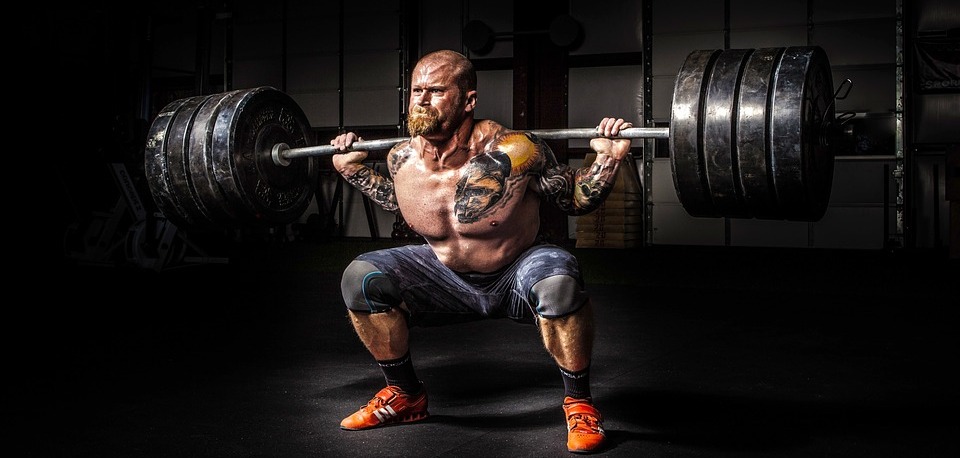
Imagine a bodybuilder trained to physical perfection, tall and muscular, proud and even somewhat arrogant of his physical superiority over his peers. Then consider that man in context. Think about how no matter his strength or weight, no amount of gym or genetics will save him if he faces a natural disaster like a tsunami, a hurricane, an earthquake, or even a human-caused disaster like a speeding truck. He is still susceptible to illness and accident, mistake and misfortune, as much as any other living creature, and none of us under the sun are any match for the immense, omnipotent and mysterious universe that benevolently hosts us. In a similar way I think of transhumanism. I look at it with respect and awe, as I do the strong man, but I also can’t help viewing it in its overpowering context. It is a movement driven by a fundamental human fear that believes it can influence the most powerful, mysterious and immense thing any of us can even begin to fathom – that which is beyond our earth-bound existence. It is the meeting point of the profoundly human and the profoundly inhuman, and so at this point we should probably bring in religion.
Religion
Religious Not-Transhumanists
From a religious viewpoint – the one that venerates and fears the higher powers and their insistence on the importance of the “other side” of our mortal existence and our need to heed its consequences – transhumanism probably sounds quite blasphemous. How can any human believe he can cheat death, and by extension cheat the higher powers which have destined us all to face it? How can any man believe himself capable of achieving the longevity of gods and biblical beings? Such an act is arrogance at the highest level, and this disrespectful trickery is ripe for punishment, Tower of Babel/Adam and Eve style. Or maybe that’s too dramatic. Perhaps deeply religious people just sit back and observe this kind of movement with head-shaking disapproval, knowing that in the face of a mighty God’s will, all transhumanist efforts to move beyond their mortaility will simply be futile.
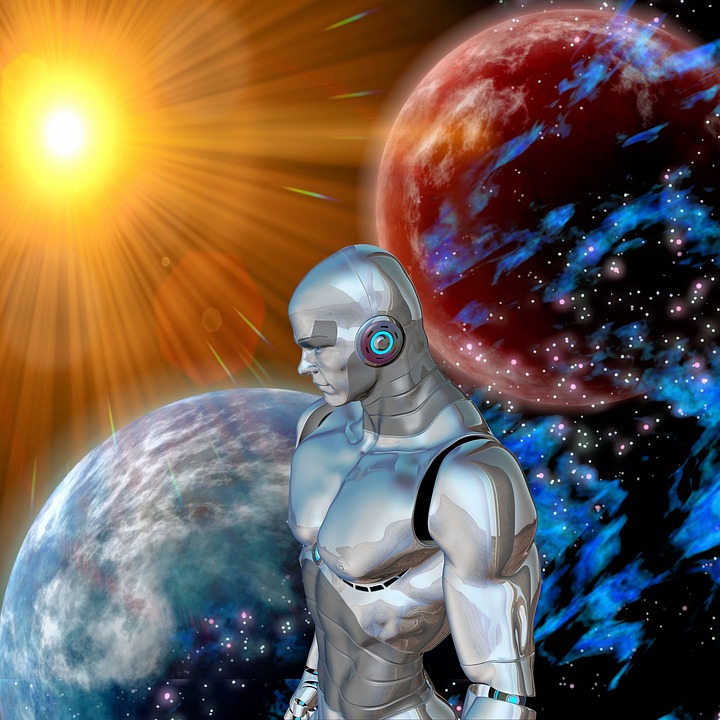 Religious Transhumanists
Religious Transhumanists
Despite what some might assume, transhumanists aren’t always atheists. Many of them are actually religious, and some religions like Mormonism even have overlapping teachings as transhumanism (the Mormon Transhumanist Association boasts almost 500 members). Numerous religions teach about the human condition striving towards a point of development where the self is freed from its earthly body and achieves a higher state of existence. Many therefore interpret the mind-tech mergers we see happening now and those planned for the near future as the means to achieve holy objectives. Perhaps from this point of view, the development of computers is people’s natural movement towards an enlightenment foretold by religious texts to occur in modern times defined by such innovations.
Non-religious Transhumanists
And of course, there are many transhumanists who don’t believe in a higher power or an afterlife in any form at all. They believe that humans are fully defined by the make-up of their physiological building blocks, and that once those blocks lose their ability to function, so too does the sum of their parts. And this fear that what’s waiting past the horizon is simply nothingness is one of the great motivators to move transhumanism forward. And it’s understandable, that in the face of an alternative consisting of nothingness, full extinction, infinite sleep, a longer life is the most logical of things to strive towards.
My Thoughts
First of all, I want to clarify that the death I am talking about here is the kind that occurs naturally after old age. On the topic of lives cut too short due to sickness, cruelty or accidents, I fully support efforts to develop prevention and enhancement treatments to avoid such tragedies. And on the topic of old age, I also fully support efforts that help people feel younger, healthier and happier and that prolong the duration of life in this positive and healthy state of mind and body. To me, Audrey de Grey’s approach of inspecting the damage done to our bodies on a cellular level as consequence of time and the search for ways to reverse that damage thereby improving the human experience sounds uplifting, feasible and hopeful (despite he himself being a bit extremist in his views and approaches). I’ve seen loved ones suffer from the numerous burdens of old age for many years, and I hope that there will come a day where people can truly enjoy and appreciate their time on Earth until the very end of a long life. I support change and progress in the service of improved individual and societal life.
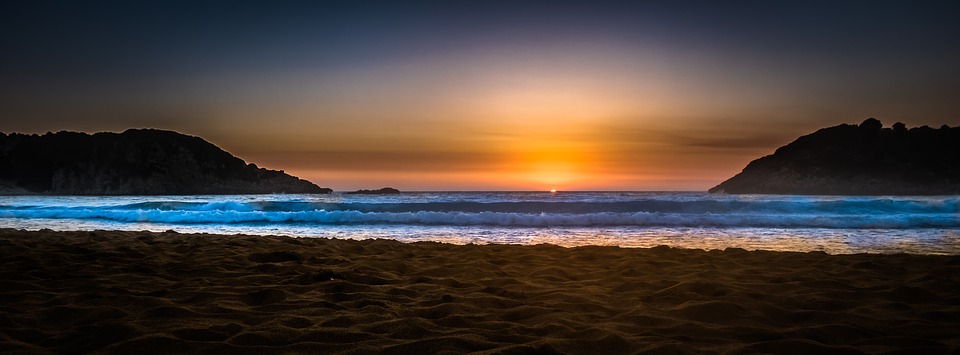
On the topic of death, that which lies on the other side of the black curtain and the focal point of much of transhumanist teachings, I share my beloved grandmother’s mentality that “we have to think about death philosophically.” She often says this, and although I’m not quite sure how to define it, I agree. Death is the most natural thing in the world, experienced by every single living thing since the beginning of time, escaped by absolutely no one. So why do some fear something as normal as breathing so intensely? Why do some fight with all their might to escape it? Perhaps because we have no idea what it actually entails and what comes after it, if anything. And the unknown is the scariest place of all.
What is death really? Is it the end? Is it the beginning of a new stage of existence? Is it a Level Up in the game of life or an unspoken “GAME OVER” sign? Who’s to say? No one has visited and come back with postcards. And many prefer not to wait to find out what lies there, in case the answer isn’t satisfactory and it’s too late to turn back. They prefer to do everything they can to postpone its arrival and live in the familiar for as long as possible. But is not knowing about something a good enough reason to evade it? Would an infant comfortable and safe in the warm womb of its mother ever choose to leave if given the choice? The most spectacular of things are hardly ever in our own backyards or even within our understanding.
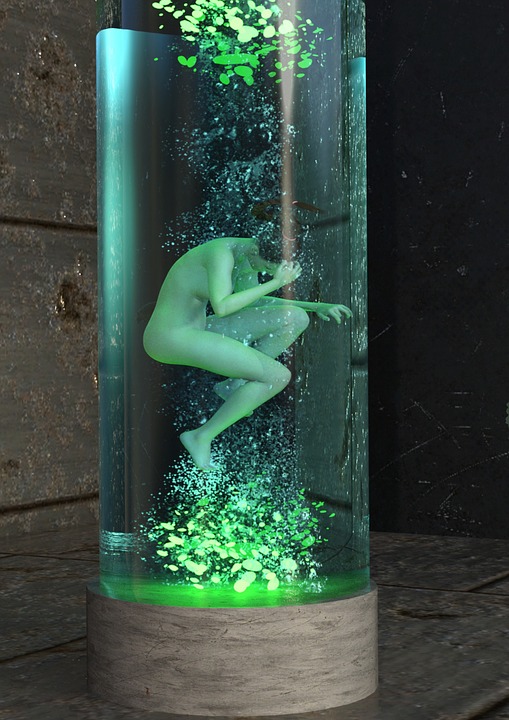 In Mark O’Connell’s book on Transhumanism, To Be a Machine: Adventures Among Cyborgs, Utopians, Hackers, and the Futurists Solving the Modest Problem of Death, he talks about the famous transhumanist Max More who has dedicated his life to supporting and spreading awareness of human improvement and life extension efforts. In doing so, he has come to be the CEO of the biggest cryogenic facility in the world, a huge, cold building full of dead bodies waiting to one day be resurrected. As the author muses, working in this morbid building is a strange and bleak fate for a man who claims to love life so much he wants to extend it indefinitely. It’s a dark irony that in seeking life, he has surrounded himself by death, and perhaps there is a lesson in this turn of events. Perhaps a better approach to “the problem of death” as some transhumanists call it, is not to run from it but to try to better understand what it is and how it works. I don’t know where the answers to that may lie, it’s one of the biggest questions in existence, but centuries of religion, spiritualism and even science have had and continue to have some very profound insights on the subject for those who choose to open themselves to the possibility of them. Of course, this is a very long and very complex topic, not something that can be lightly brushed over in a blog post sentence, but it’s impossible to even scratch the surface of this question in a context like this.
In Mark O’Connell’s book on Transhumanism, To Be a Machine: Adventures Among Cyborgs, Utopians, Hackers, and the Futurists Solving the Modest Problem of Death, he talks about the famous transhumanist Max More who has dedicated his life to supporting and spreading awareness of human improvement and life extension efforts. In doing so, he has come to be the CEO of the biggest cryogenic facility in the world, a huge, cold building full of dead bodies waiting to one day be resurrected. As the author muses, working in this morbid building is a strange and bleak fate for a man who claims to love life so much he wants to extend it indefinitely. It’s a dark irony that in seeking life, he has surrounded himself by death, and perhaps there is a lesson in this turn of events. Perhaps a better approach to “the problem of death” as some transhumanists call it, is not to run from it but to try to better understand what it is and how it works. I don’t know where the answers to that may lie, it’s one of the biggest questions in existence, but centuries of religion, spiritualism and even science have had and continue to have some very profound insights on the subject for those who choose to open themselves to the possibility of them. Of course, this is a very long and very complex topic, not something that can be lightly brushed over in a blog post sentence, but it’s impossible to even scratch the surface of this question in a context like this.
Either way, no matter on what side of the transhumanism topic question your opinions lie, it’s important to note that even in the scenario that transhumanists are successful in dramatically postponing old age and death by means of science or technology, death will still be ever present. It will be a consequence of human error, accidents, natural disasters, and disease. Death will not disappear under any circumstance, it is a byproduct of life like carbon dioxide is to breathing. The importance of understanding it, philosophizing about it, trying to prepare ourselves for it, will therefore never disappear. And what if it is a Level Up? Postponing it for an unnatural amount of time would then be self-defeating in the game of existence wouldn’t it? In a world of unknowns, anything is possible.
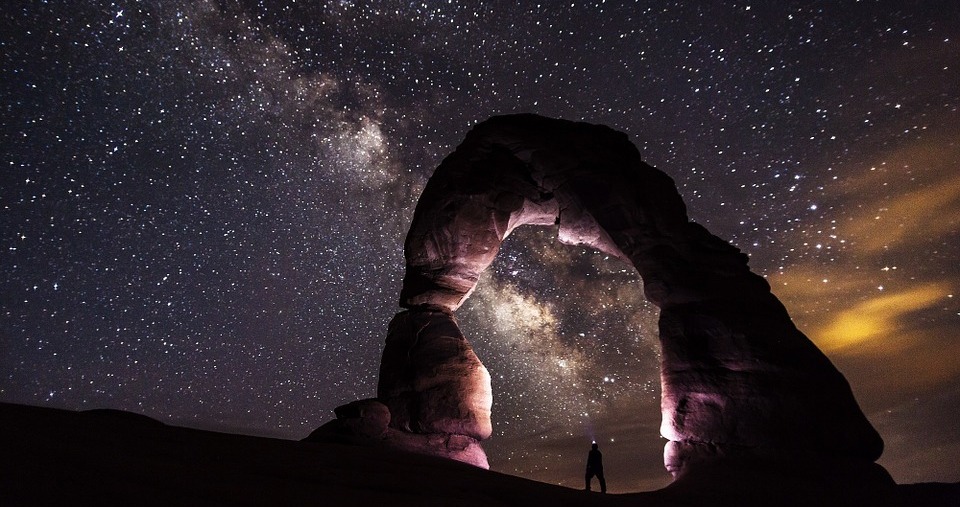 To sum up, I really don’t know. I don’t know enough about religion, technology or science to present a truly meaningful opinion on this topic. But not knowing does not mean these questions should be deserted or avoided. In such a way as we try to learn about difficult topics that were once completely unfamiliar to us, so too should we do with concepts that are beyond the earth-bound limits of our current understanding. It’s an infinite universe out there, full of mystery and possibility and perhaps a world of beautiful knowledge that is as yet inaccessible to us on this current plane of existence, which is why we are all destined to pass beyond it at some point. Who knows? Nobody can be sure of what lies out there, in the dark past our comfort zone, but we can work on opening our minds past the limits of the familiar and trying to learn. After all, if you’re afraid of the dark, you don’t run out of the house; you turn on the lights.
To sum up, I really don’t know. I don’t know enough about religion, technology or science to present a truly meaningful opinion on this topic. But not knowing does not mean these questions should be deserted or avoided. In such a way as we try to learn about difficult topics that were once completely unfamiliar to us, so too should we do with concepts that are beyond the earth-bound limits of our current understanding. It’s an infinite universe out there, full of mystery and possibility and perhaps a world of beautiful knowledge that is as yet inaccessible to us on this current plane of existence, which is why we are all destined to pass beyond it at some point. Who knows? Nobody can be sure of what lies out there, in the dark past our comfort zone, but we can work on opening our minds past the limits of the familiar and trying to learn. After all, if you’re afraid of the dark, you don’t run out of the house; you turn on the lights.




Actually with mind uploading, people don’t have to die ever, and this is very likely to happen. Maybe the planet doesn’t allow us to live here anymore in a couple hundred or thousand years but in AI bodies we are able to move to other planets by that time. Technology will keep on accelarting and growing. I think this is transition from human body to another non-niological body is part of our evolution.. Our biological body will die, but you, will keep on living, and you’re mind can be transfered on an Ai robot for example. This will still be you. There is countless scientific proove that all we are, our charachter, emotions, thinking (which is in the neocortex), and everything what makes us, the person we are, is in the brains. If you follow the advances in AI and Nanotechnology, the $1 billion project to map all the neurons in the human brain, and updates on this, you will see that in 30 years, we’re able to upload our minds, and live until how long we want to live. Death will be optional, so yes there will still be dead, for people who choose to, but for people who don’t, there is everlasting life waiting.
Besides, there is also very much scientific proove that if you die, you’re brain function stops By some people this takes longer, that’s why they are starting to hallucinate, but in the end, all function stops. And there you are.